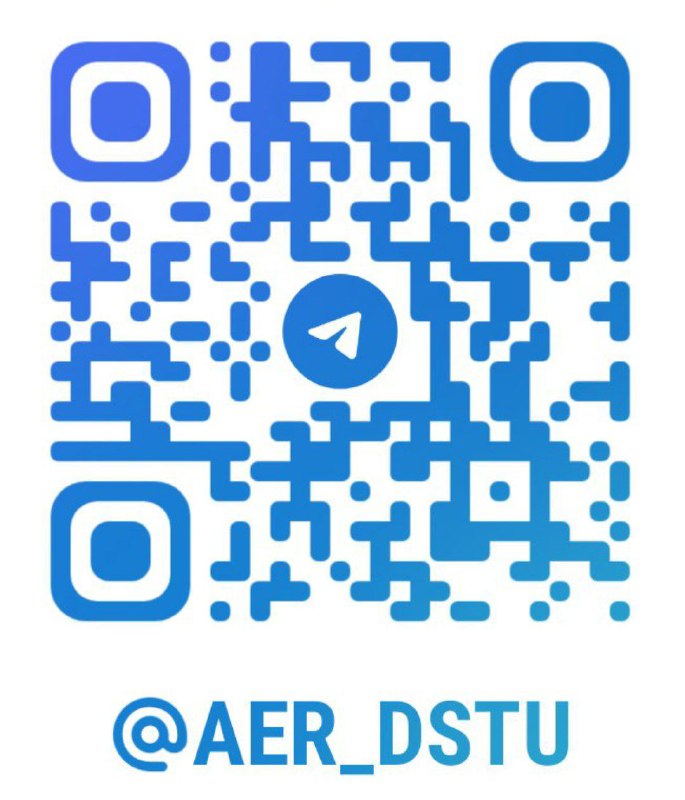Information system for assessing maturity level of an organization
https://doi.org/10.23947/2687-1653-2020-20-3-317-324
Abstract
Introduction. The paper considers problems of creating information support for solving the task of assessing the maturity level of an organization. It is proposed to use intelligent information systems, i.e. expert systems. Substantive aspects of various stages of creating such systems are briefly described; the expert system architecture, which is based on using a fuzzy expert knowledge base, is given. The work objective was to create new software to solve the problem of assessing the maturity level of an organization.
Materials and Methods. Previously performed modeling of the subject domain under consideration allowed us to create a knowledge base in the form of production memory, which is the basis of the fuzzy inference mechanism. The software is written in PHP and is suitable for embedding in complex web applications. The software system is a web application written primarily in PHP and JavaScript. The software works in all modern web browsers, which accelerates significantly the implementation and deployment based on both the parent-enterprise and its subsidiaries.
Results. New software has been created to automate the processing of questionnaires during the organization’s selfassessment based on key indicators, as well as considering 6 main groups of the quality management system indicators. Application of the program will significantly speed up the process of input and processing of expert information required for self-assessment. The program provides organizations to get an adequate idea of the opportunities and prospects for improving the organization’s quality management system. Some fragments of the software system interface are given.
Discussion and Conclusions. The proposed software can be used to determine the level of maturity of an organization. The application of Web-technologies improves usability, reduces software support costs. The software can be both deployed in the existing network infrastructure of a customer and used by all the functionality through connecting to a remote server. The software is optimized for various screen resolutions, which allows you to use it not only at the central office, but also when analyzing the quality management system of corporate customers. The traffic generated by the web application is optimized for working with mobile devices with a low-speed Internet connection. Application of the program will significantly reduce the time for users to enter and process expert information required for the problem solving and to eliminate duplication of information.
About the Authors
I. N. NurutdinovaRussian Federation
L. A. Dimitrova
Russian Federation
References
1. Andersen, E. S. Project maturity in organizations / E. S. Andersen, S. A. Svein // International Journal of Project Management. — 2003. — Vol. 21, iss. 6 . — P. 457−461. DOI: 10.1016/S0263-7863(02)00088-1
2. Xu, D-L. Intelligent decision system for self-assessment / D-L. Xu, J-B. Yang // Journal of multi-criteria decision analysis. — 2003. — Vol. 12, iss. 1. — Р. 43−60. DOI: 1002/mcda.343
3. Xu, D-L. Intelligent decision system and its application in business innovation self assessment / D-L. Xu, G. McCarthy, J-B. Yang // Decision support system. — 2006. — Vol. 42, iss. 2. — Р. 664˗673. DOI: 10.1016/j.dss.2005.03.004
4. Enke, J. Systematic learning factory improvement based on maturity level assessment / J. Enke [et al.] // Procedia Manufacturing. — 2018. — Vol. 23. — Р. 51–56. DOI: 10.1016/j.promfg.2018.03.160
5. Neverauskas, B. The theoretical approach to project portfolio maturity management / B. Neverauskas, R. Čiutienė // Economics and Management. — 2011. — Vol. 16. — P. 845−851.
6. Макаров, И. М. Искусственный интеллект и интеллектуальные системы управления / И. М. Макаров [и др.] — Москва : Наука, 2006. — 333 с.
7. Hrehova, S. Application of fuzzy principles in evaluating quality of manufacturing process / S. Hrehova, A. Vagaska // WSEAS Transactions on Power Systems. — 2012. — Vol. 7. — P. 50−59.
8. Бирюков, А. Н. Метод оценки зрелости организации с использованием модели BPMM и его реализация / А. Н. Бирюков, Д. Ю. Клецких // Бизнес-информатика. — 2011. — № 3 (17). — С. 45–52.
9. Ding, J.-F. Assessment of Customer Relationship Management for Global Shipping Carrier-based Logistics Service Providers in Taiwan: An Empirical Study / J.-F. Ding // WSEAS Transactions on Systems. — 2012. — Vol.1, iss. 6. — P. 198−208.
10. Еремина, Е. А. Информационная система выбора поставщика на основе метода нечеткого логического вывода / Е. А. Еремина, Д. Н. Ведерников // Современные проблемы науки и образования : [сайт]. — 2013. — № 3. — URL : http://science-education.ru/ru/article/view?id=9317 (дата обращения : 05.03.2020).
11. Wang, G. Modelling and Analyzing Trust Conformity in E-Commerce Based on Fuzzy Logic / G. Wang [et al.] // WSEAS Transactions on Systems. — 2015. — Vol. 14. — P. 1−10.
12. Борисова, Л. В. Информационная поддержка мониторинга состояния организации / Л. В. Борисова, Л. А. Димитрова, И. Н. Нурутдинова // Вестник Донского государственного технического университета — 2016. — № 4. — С. 126–133. DOI : 10.12737/22154
13. Борисова, Л. В. Методика оценки уровня зрелости организации на основе нечеткого моделирования / Л. В. Борисова, Л. А. Димитрова, И. Н. Нурутдинова // Вестник Донского государственного технического университета. — 2017. — Т. 17, № 1 (88). — С. 113–121. DOI : 10.23947/1992-5980-2017-17-1-113-121
14. Nurutdinova, I. Intelligent System for Assessing Organization’s Possibilities to Achieve Sustained Success / I. Nurutdinova, L. Dimitrovа // Advances in Intelligent Systems and Computing. — 2019. — Vol. 875. — P. 379−388.
Review
For citations:
Nurutdinova I.N., Dimitrova L.A. Information system for assessing maturity level of an organization. Advanced Engineering Research (Rostov-on-Don). 2020;20(3):317-324. https://doi.org/10.23947/2687-1653-2020-20-3-317-324













































